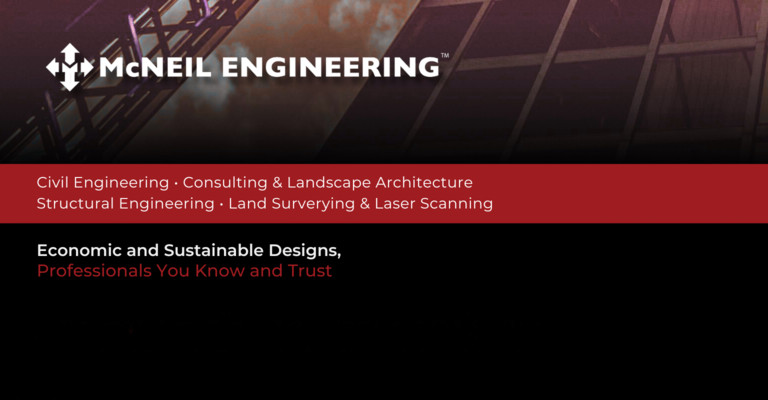 The market is tight out there. Whether here in Utah or other states, civil engineers are in high demand. With massive infrastructure spending and a post-pandemic boom economy, civil engineers are needed for everything from buildings to bridges and more. There is rising demand for those with a demonstrated ability to perform to the highest standards of the discipline—namely, fully licensed, professional civil and structural engineers in Utah and beyond!
The market is tight out there. Whether here in Utah or other states, civil engineers are in high demand. With massive infrastructure spending and a post-pandemic boom economy, civil engineers are needed for everything from buildings to bridges and more. There is rising demand for those with a demonstrated ability to perform to the highest standards of the discipline—namely, fully licensed, professional civil and structural engineers in Utah and beyond!
Infrastructure and Climate Change
Let’s go back to the strong need for engineers thanks to infrastructure spending. Because after decades of neglect, America’s civil infrastructure is drawing more than just attention from legislators and the media—it’s attracting investment. Money is being poured into public works projects to revitalize the nation’s infrastructure.
Did you hear about the federal Infrastructure Investment and Jobs Act? This wide-ranging legislation was passed into law in November 2021. States across the country gain access to $1.2 trillion in spending on a broad swath of initiatives. In the end, it’s up to them, but in Utah and beyond, municipalities are shoring up aging roads and bridges and building out broadband communications networks.
And let’s not overlook the EV boom. Powered by consumers and incentivized by governments, the rush to EVs has changed the energy and infrastructure landscapes. States must undertake widespread upgrades and additions to the power grid and battery-charging infrastructure if we are to transition to an EV-dominated future truly.
In the end, it will be about more than electric vehicles. Civil engineers will be needed to help plan for and execute massive public works projects designed to mitigate the effects of rising sea levels, intensifying storms, droughts, forest fires, and the like.
Considering the number of construction projects that need completing, civil engineers have never been more crucial. The growing number of infrastructure projects is likely to increase the need for civil engineers in states across the country. That’s why we’ve talked a lot about the necessity for more people in the pipeline to study civil engineering.
The complexity and scale of many of these future infrastructure projects are likely to require greater civil engineering expertise. Combine the two, and you have rising demand for those with a demonstrated ability to perform to the highest standards of the discipline—namely, fully licensed professional engineers.
Why Maintaining Your License is so Important
When you are licensed, you are marked as a true professional. Licensing standards are recognized by employers around the country. Licensing represents a standard recognized by employers and their clients, governments, and by the public as an assurance of dedication, skill, and quality. Professional civil engineers in Utah and beyond must be licensed to do their job. In most cases, employers will not hire engineers who do not have their licenses.
There are many powerful reasons both professional and personal for earning and maintaining a PE license. Only a licensed engineer, for instance, may prepare, sign, seal and submit engineering plans and drawings to a public authority for approval, or to seal engineering work for public and private clients.
For consulting engineers and private practitioners, licensure is an absolute requirement. In fact, it is a legal requirement for those who are in responsible charge of work, be they, principals or employees. State and federal officials will not countenance engineering firms hiring unlicensed engineers. After all, human life is at stake. Imagine an unlicensed engineer working on a bridge used by thousands of people every day. Subpar engineering work completed by unlicensed professionals could be deadly.
Professional Engineers are a Requirement on Official Jobsites
More and more with each passing day, government agencies, educational institutions, and private industries are requiring that they hire and contract only licensed professional engineers. This is a trend that is almost certain to continue in the future. Today, no matter what career path a professional engineer chooses, a successful, ongoing career virtually requires a license.
Take accountants as a separate example. CPAs require a specific license to offer accounting services. Lawyers also require specific licensing. Would you work with a professional who was not licensed to do the work you need them for? Likely not. The licenses civil engineers get demonstrate their commitment to the high standards of the civil engineering process. Potential clients use that licensure as proof of your ability to offer engineering services to the public.
Today, employers and government agencies value the peace of mind professional licensure provides. Preparing for the examinations required to qualify for the license broadens workers’ skills. It helps them gain skills that translate into jobs in other engineering disciplines. At McNeil Engineering, we’re proud to count licensed, professional engineers among our crew. We offer only the best engineering civil and structural engineering services for our clients. To learn more about the work we’ve done across Utah, simply visit our projects page.








